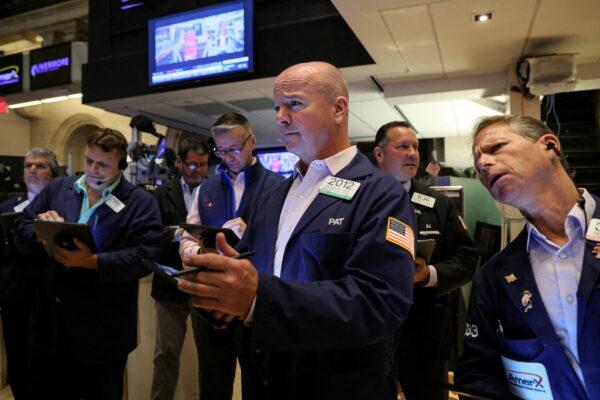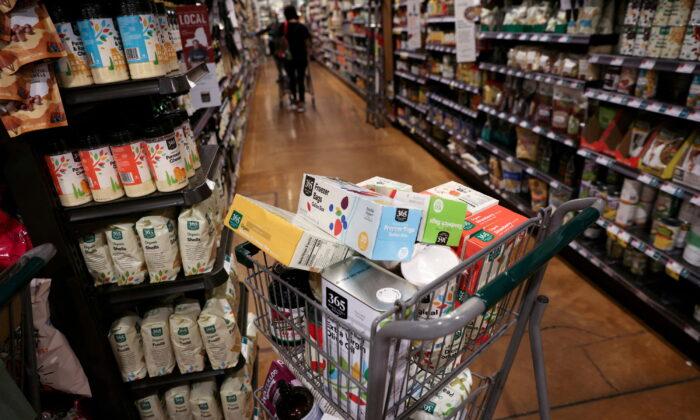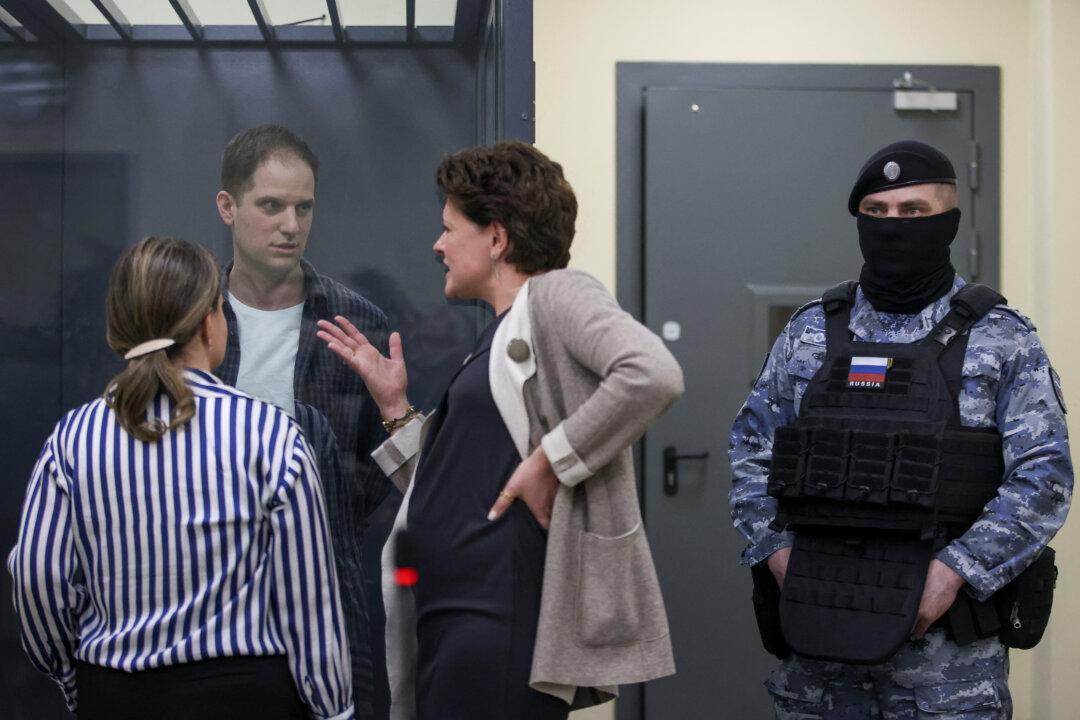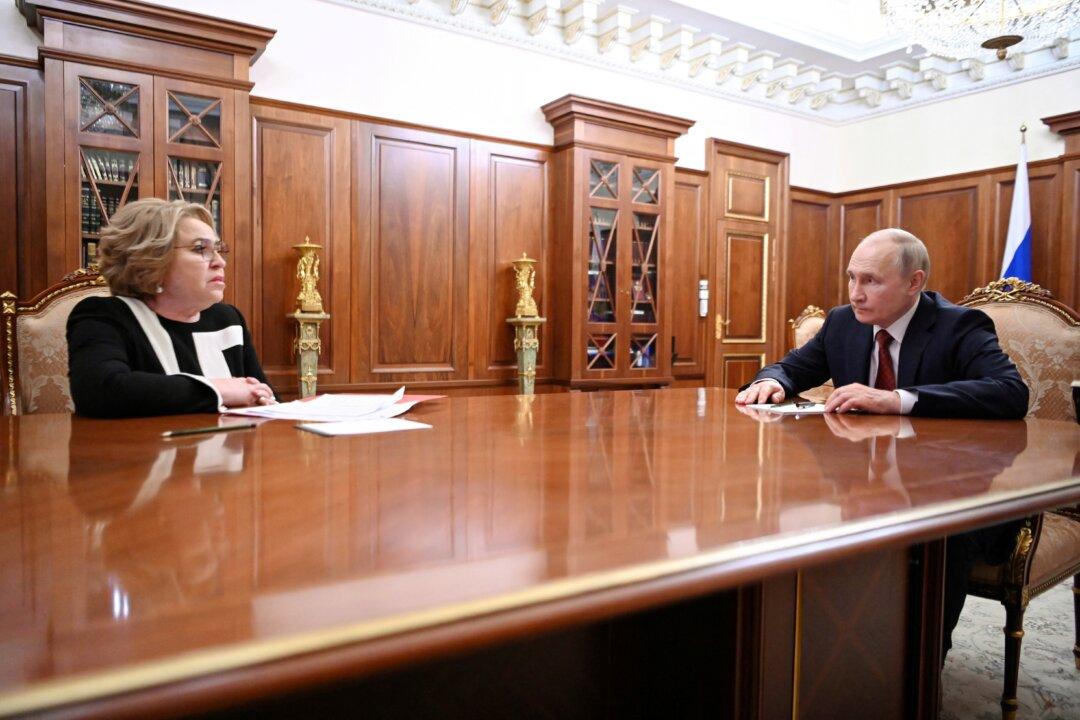LONDON—The global economy is increasingly at risk of sliding into recession, surveys showed on Tuesday, as consumers faced with generation-high inflation rein in spending while central banks are tightening policy aggressively just when support is needed.
And supply chains yet to recover from the coronavirus pandemic have been further damaged by Ukraine’s war and China’s strict COVID-19 lockdowns, hurting the manufacturing industry.
A myriad of purchasing managers’ surveys published on Tuesday from Asia to Europe to the United States showed business activity contracting and pointed to little hope of a turnaround anytime soon.
“Put simply, it’s the extremely high rates of inflation that is resulting in households having to pay more for the goods and services they have to buy which means they have less to spend on other items,” said Paul Dales at Capital.
“That’s a reduction in economic output so that’s what’s driving the recession. Higher interest rates are playing a small part but really it’s the higher inflation.”
U.S. private-sector business activity contracted for a second straight month in August and is at its weakest in 18 months, with particular softness registered in the services sector.
There is a 45 percent chance of a U.S. recession within a year and 50 percent within two years, according to economists in a Reuters poll on Monday who did however largely say it would be short and shallow.
It was a similar story in the eurozone where the cost of living crisis meant customers kept their hands in their pockets and business activity across the bloc contracted for a second month.
The gloomy data pinned the euro to a 20-year low against the dollar, with surging gas prices adding to misery dragging Europe towards recession.
In Britain, outside the European Union, private sector growth slowed to a crawl as factory output fell and the larger services sector eked out only a modest expansion, indicating a recession was coming there.
Feeling the Pinch
Inflation has reached multi-decade highs in many parts of the world, forcing central banks to tighten monetary policy as their mandate is to maintain price stability.
The Federal Reserve has lifted its benchmark overnight interest rate by 2.25 percentage points this year as it tries to curb decades-high inflation and is expected to raise it again next month, a Reuters poll found on Monday.
Yet despite that aggressive policy inflation was likely to stay above the Fed’s target beyond this year and next.
Last month the Bank of Canada surprised markets with a larger than expected 100 basis point increase to its key interest rate and said more hikes would be needed.
The European Central Bank, which struggled to get any meaningful inflation for years but is now facing it well above target, kicked off its rate hiking cycle in July, raising interest rates more than expected and a Reuters poll forecasts it will continue on its tightening path.
Britain’s Bank of England was one of the first amongst its peers to raise borrowing costs and is widely expected to continue doing so, even though it has warned the country faces a long recession as energy bills are expected to push consumer price inflation above 13 percent in October.
Central banking heavyweights, including Fed Chair Jerome Powell, meet this week for their annual symposium in Jackson Hole, Wyoming, and may shed light on how big future rate hikes might be and how strong their economies are.
“Following the signs of an end to rate hikes among the central banks which led the tightening, investors may anticipate that the Fed, ECB, and BoE may end their rate hikes in the first half of 2023,” said Richard Flynn at Charles Schwab.
“This year’s Symposium may provide an early indication of when the turn from hikes to cuts may occur.”






Friends Read Free